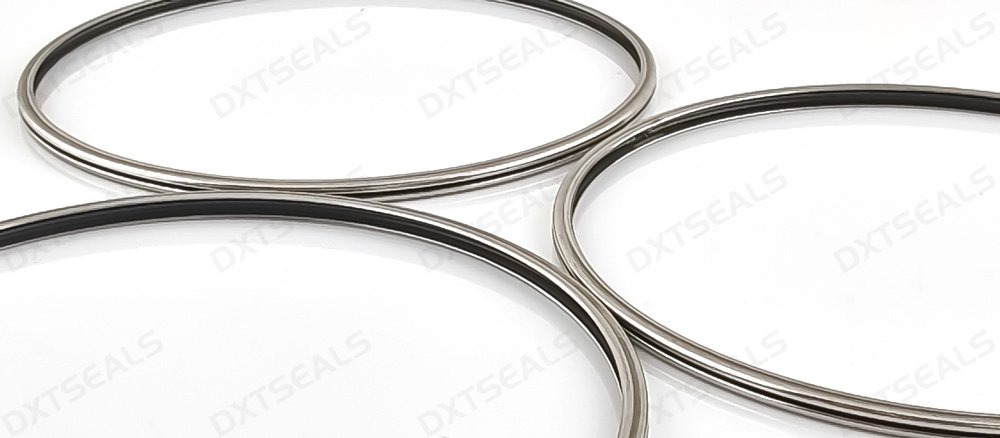
Metal E-ring seals are essential components in various industrial applications, particularly in the chemical industry, where they provide reliable sealing solutions. This article delves into the structural features of metal E-ring seals and their critical roles in chemical applications.
1. Understanding Metal E-Ring Seals
Metal E-ring seals feature a unique E-shaped cross-section that allows for effective sealing between two surfaces. This design provides a secure fit, preventing fluid or gas leakage, and is particularly suited for high-pressure and corrosive environments commonly found in the chemical industry.
2. Key Structural Features of Metal E-Ring Seals
- E-Shaped Cross-Section: The distinctive E-shape allows for enhanced sealing capabilities, providing a tighter fit compared to standard O-rings.
- Robust Material Selection: Metal E-rings are typically made from durable materials such as stainless steel or other corrosion-resistant alloys, ensuring longevity in harsh environments.
- Temperature and Pressure Resistance: These seals can operate effectively under extreme temperatures and pressures, making them suitable for various chemical processes.
- Customizable Designs: Metal E-rings can be tailored to specific application requirements, enhancing their versatility across different chemical applications.
3. Applications in the Chemical Industry
Metal E-ring seals are widely used in several applications within the chemical industry, including:
- Pipelines and Storage Tanks: E-rings provide secure seals in pipelines and tanks, preventing leaks of hazardous chemicals and ensuring safe storage and transport.
- Reactors: In chemical reactors, metal E-rings maintain pressure and prevent contamination, ensuring optimal reaction conditions.
- Pumps and Valves: These seals are critical in pumps and valves, where they help maintain system integrity and prevent leakage of aggressive chemicals.
- Heat Exchangers: Metal E-rings are used in heat exchangers to ensure tight seals, improving efficiency and safety in thermal processes.
4. Advantages of Metal E-Ring Seals in Chemical Applications
- Enhanced Corrosion Resistance: The use of corrosion-resistant materials ensures that metal E-rings can withstand exposure to aggressive chemicals, prolonging service life.
- Improved Sealing Performance: The E-shaped design offers superior sealing capabilities, reducing the risk of leaks and maintaining operational efficiency.
- Cost-Effectiveness: By minimizing leaks and enhancing system performance, metal E-rings contribute to overall cost savings in chemical processes.
5. Conclusion
Metal E-ring seals are vital components in the chemical industry, providing reliable sealing solutions that enhance performance and safety. Their unique structural features, such as the E-shaped cross-section and robust material selection, make them ideal for a wide range of applications. By understanding the advantages and applications of metal E-ring seals, manufacturers can improve operational efficiency and reliability in their chemical processes.
